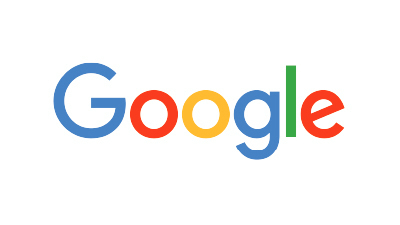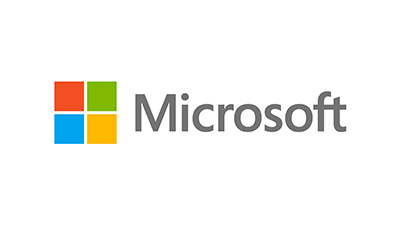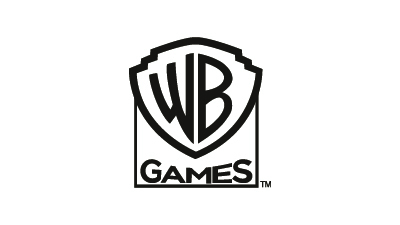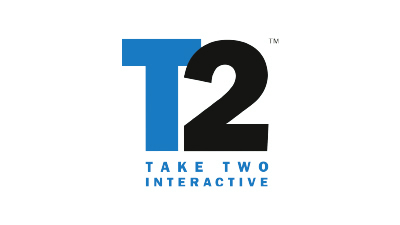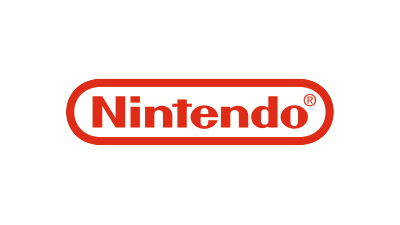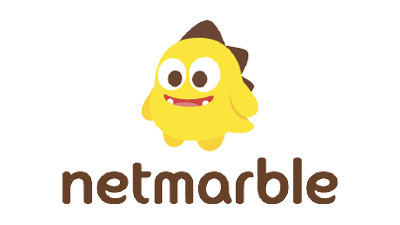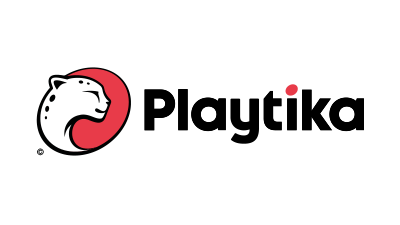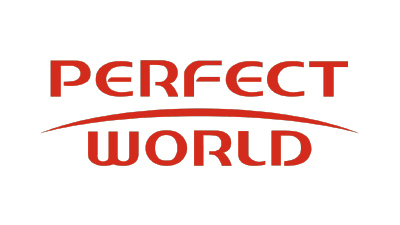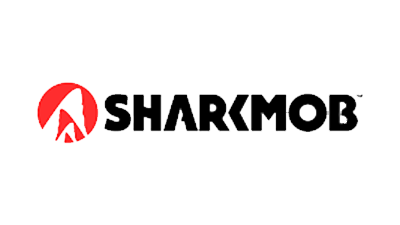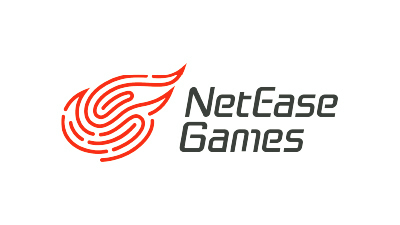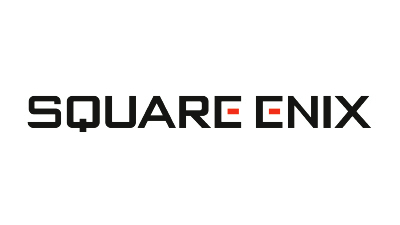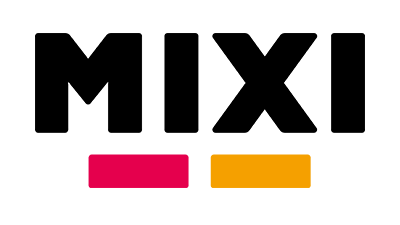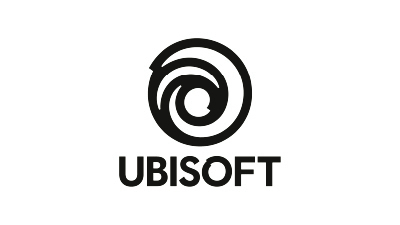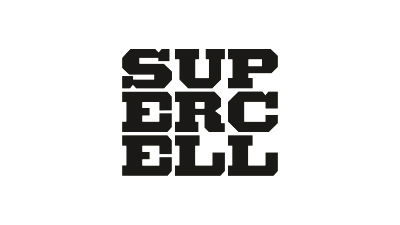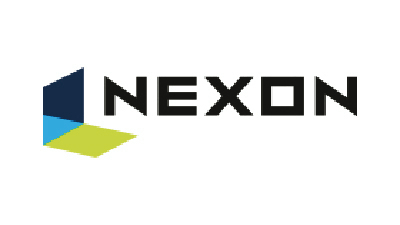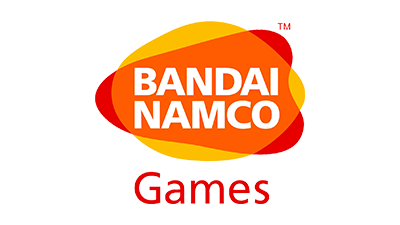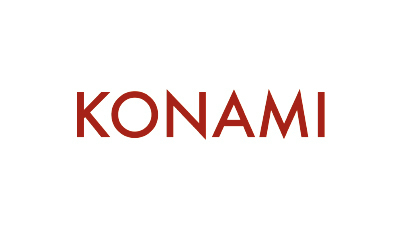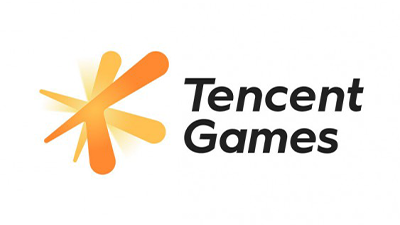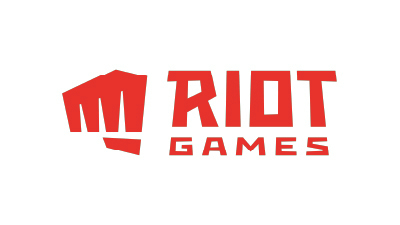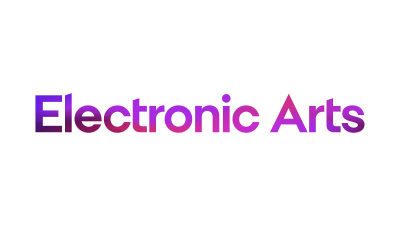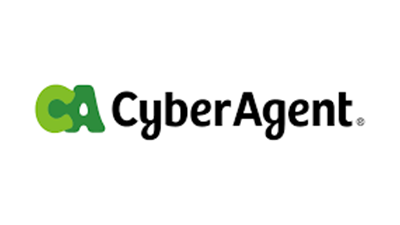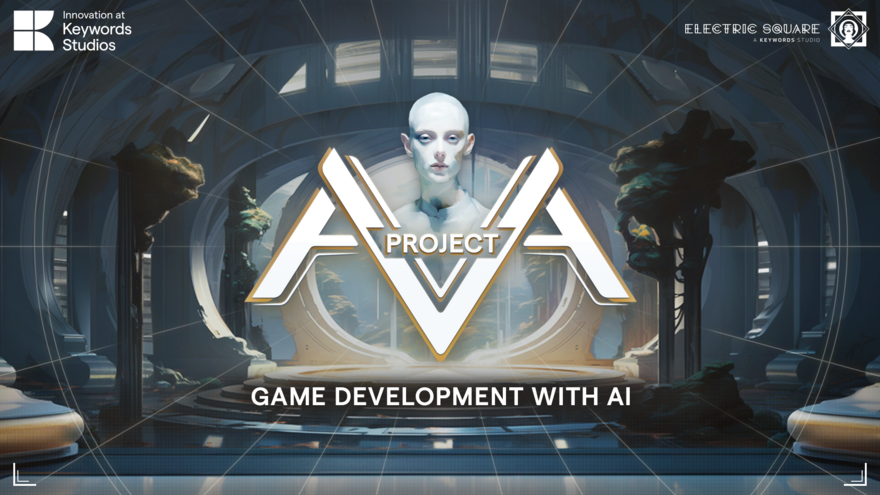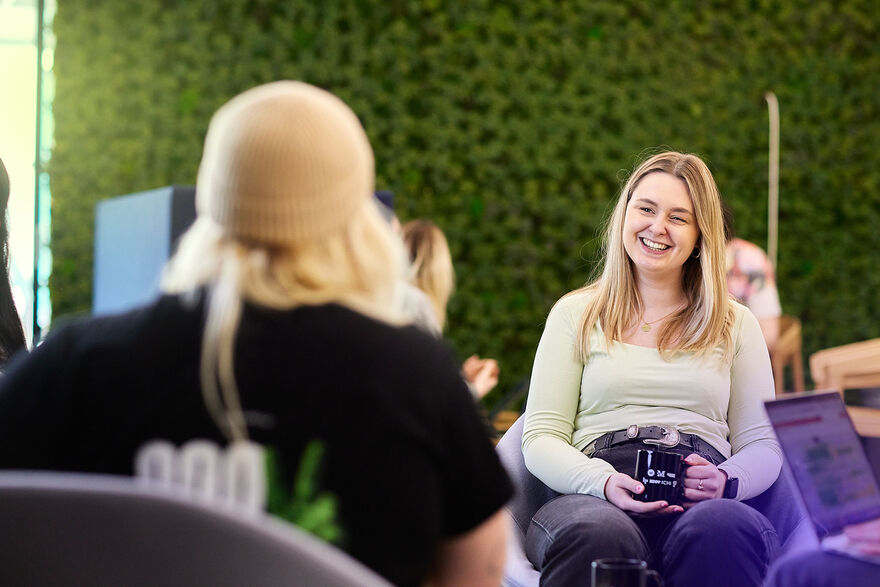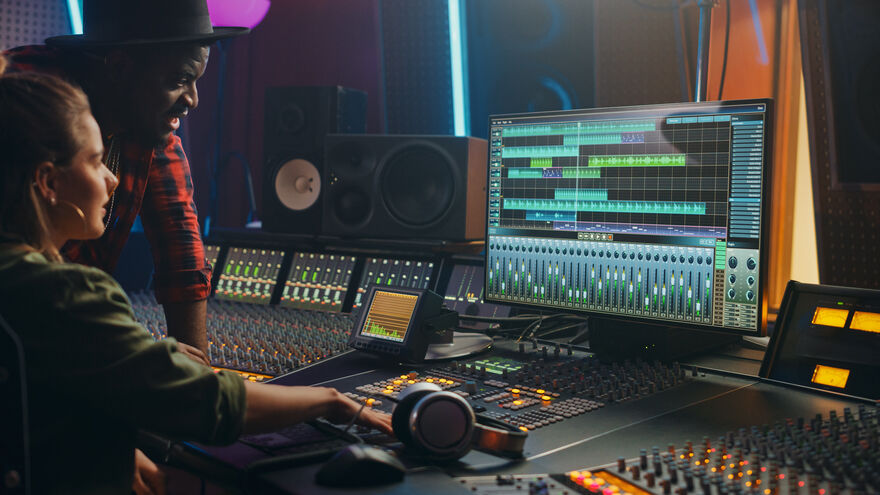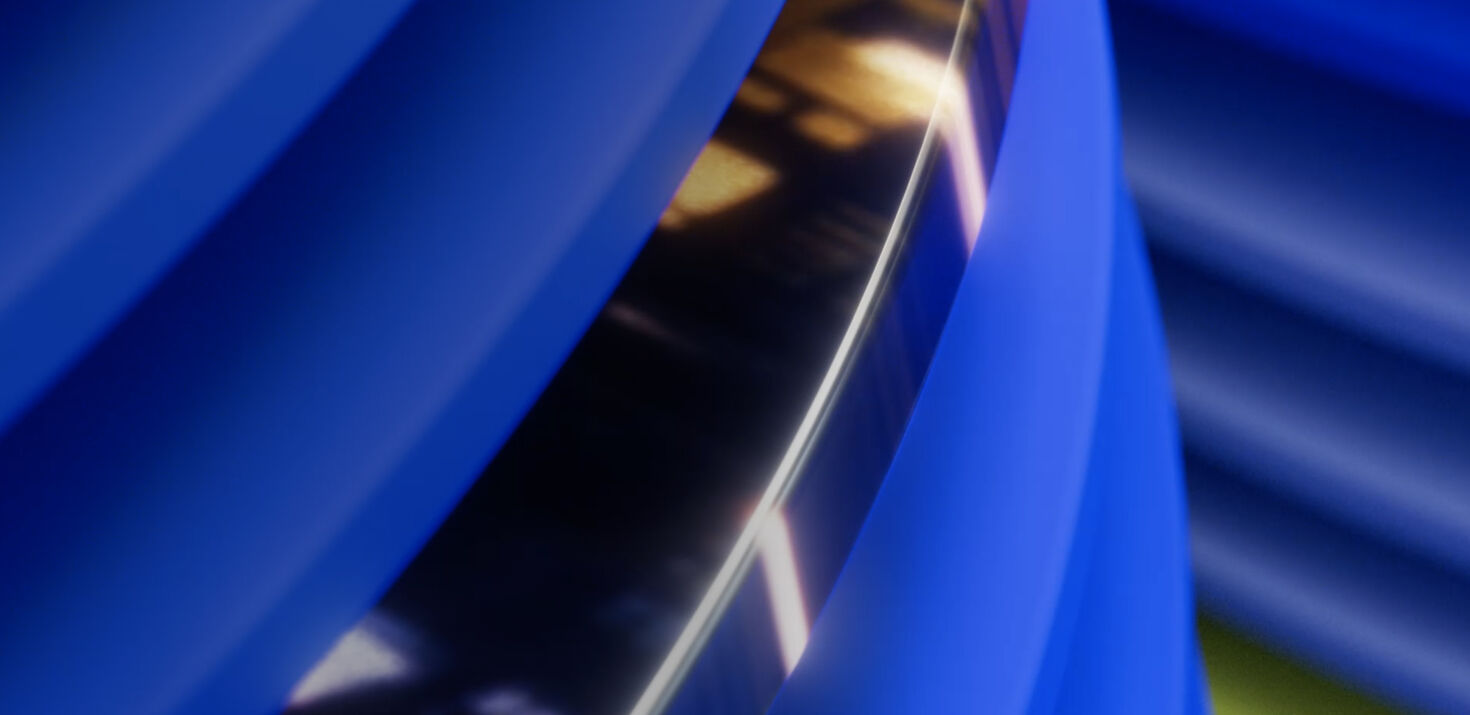Studio Profile: Liquid Violet
Founded in 2011, London-based Liquid Violet provide industry-leading casting, performance capture, localization, post production and dubbing services for some of the video games industry’s biggest AAA publishers, as well as for TV and film.

We caught up with Studio Head Katie Young to discuss the studio’s journey in video games and entertainment, its unique service offerings for clients, as well as how to stay ahead of the game in an ever-evolving industry.
Liquid Violet was founded in 2011, before joining the Keywords Studios family in 2014. Can you talk to us about those early years and how the studio came to be?
The studio was established by my predecessor, Adam Chapman, and in the early days it was a small collective of industry professionals including our Technical Director, Michael Dunn, who banded together to streamline the audio localization process for games clients using their expertise as producers plus some nifty proprietary tools. Liquid Violet was acquired by Keywords in 2014, and in 2018 we opened our beautiful studios in Covent Garden.
The studio has gone from strength to strength since 2011. What are some of your biggest projects and milestones to date?
Liquid Violet has a reputation for working on ambitious, narrative-driven RPGs such as Dark Souls, Elden Ring, Xenoblade Chronicles, Lies of P, and Diablo IV. We have also dubbed some incredible titles for Netflix such as All Quiet on the Western Front, Athena, The Empress, and Copenhagen Cowboy.
One thing I’m particularly proud of is our move into voicing animation and transmedia, with titles such as Riot’s Arcane and Ubisoft’s Captain Laserhawk: A Blood Dragon Remix demonstrating how incredible characters and stories from the world of games can transcend their original formats and platforms to make compelling series and bring new audiences to them. Laserhawk also gave us a chance to cast in-vision actors, which was so much fun. And we’re also helping to make brilliant kids’ shows with Zodiak/Pingo’s comedy-action series, Shasha and Milo, now showing on POP in the UK. There’s so much more exciting stuff in the works that I can’t talk about yet but you will hear about soon!
What services and expertise do Liquid Violet offer to clients in 2024? Do you plan to expand your service offerings in the coming years?
The studio’s offering has expanded significantly over the last few years and as well as localisation services we now provide casting and performance capture for some of the biggest developers, publishers and producers in the world. We have a stellar team and can provide world-class casting and talent engagement, script adaptation and polishing, character development, voice recording, facial capture, ADR, lip sync dubbing, editing, mastering, and mixing.
We currently have two recording suites on site, with two additional spaces opening at the start of 2025, one of which will be a larger ‘stage’, enabling us to offer ensemble and group recording, as well as a solution for simultaneous performance capture (facial capture and motion capture) and final audio.
How did the decision to crossover into the media and entertainment landscape come about?
Liquid Violet had already forged a reputation for high quality lip sync dubbing of live action series and features when I joined the studio, and with my background in TV and animation production, it made sense to take on origination as well. Projects like Arcane had blurred the lines between interactive and more traditional ‘linear’ entertainment, so it wasn’t a difficult jump to make. We have a broad skillset within the studio, encompassing localisation, TV, film, advertising, and gaming, and many of our clients see their IP in terms of franchises and characters first, rather than specific platform. I think it’s important for us as a creative partner to reflect that, and to be agile and embrace immersive storytelling in all its forms.
The industry seems to be evolving almost by the day. How does your team manage to stay ahead of the curve in this regard?
I have an incredible team who are all innately curious and deeply passionate about our work and the stories we help bring to life. We share articles and attend industry events. We have ‘scrum’ meetings every morning to check in with each other and share thoughts and insights, go to the theatre together and our Casting Director, Hannah Winskill, runs casting days to make sure new and upcoming talents are visible to us. We have a Technical Director who develops and finesses tools to help us stay efficient and we’re constantly thinking of ways to improve our processes. Our Technical Ops Lead and Lead Engineer use any studio downtime to research and test new ways of working. Most importantly we listen – to each other, to other studios in our ecosystem, to our collaborators, to our clients – and we keep an open mind!
How has joining Keywords Studios benefitted the team at Liquid Violet?
There are obviously practical benefits such as the infrastructure. It’s great to have the support of expert functions such as Legal, HR, and Finance – the kinds of things that can be scary to navigate when you’re an indie studio. There’s also the opportunity to secure investment, as we have at Liquid Violet to expand our facilities, which would be difficult to come by as a small standalone studio. Being part of a global team means we can leverage local expertise and resources, which is a great thing for our clients, and means we are part of a wider community. And as part of a service line collective, we have peers and colleagues to bounce ideas off and opportunities to collaborate. For example, we can team up with Blindlight, Syllabes, or Keywords LA to record actors based in North America, or I can invite experts from Laced or Sound Lab to a meeting if a client expresses an interest in music or sound design. Having these additional tricks up our sleeves makes us more attractive to clients and it’s great to have that camaraderie. If one of our studios lands a big project or wins an award, we can all share in that joy and success.

In what ways do you see the both the video games and media and entertainment industries evolving over the next 5-10 years?
It’s really tricky to say but with so many big players merging, and various technologies becoming more sophisticated and accessible at a dizzying rate, I think we’re going to see a lot of shifts. AI is clearly the hottest potato right now, so I expect a lot of disruption while legislation and regulation catches up to the tech and precedents are set. Entertainment will become more and more immersive, and there will be more cross-pollination of IP and production methods as new platforms and tools emerge. I expect to see a lot more automation in areas such as localisation, where translation and text and voice creation by machine is already prevalent, so a lot of big changes to those functions. I also think that there will be a rise in user-generated content, and consumers being able to curate and create their own stories and experiences - personalisation will be key. My hope is that we learn to integrate new tech and methodologies to improve how we work and spend our free time while preserving the very human nature of creativity and telling stories.
The Power of Partnership: Our Clients
